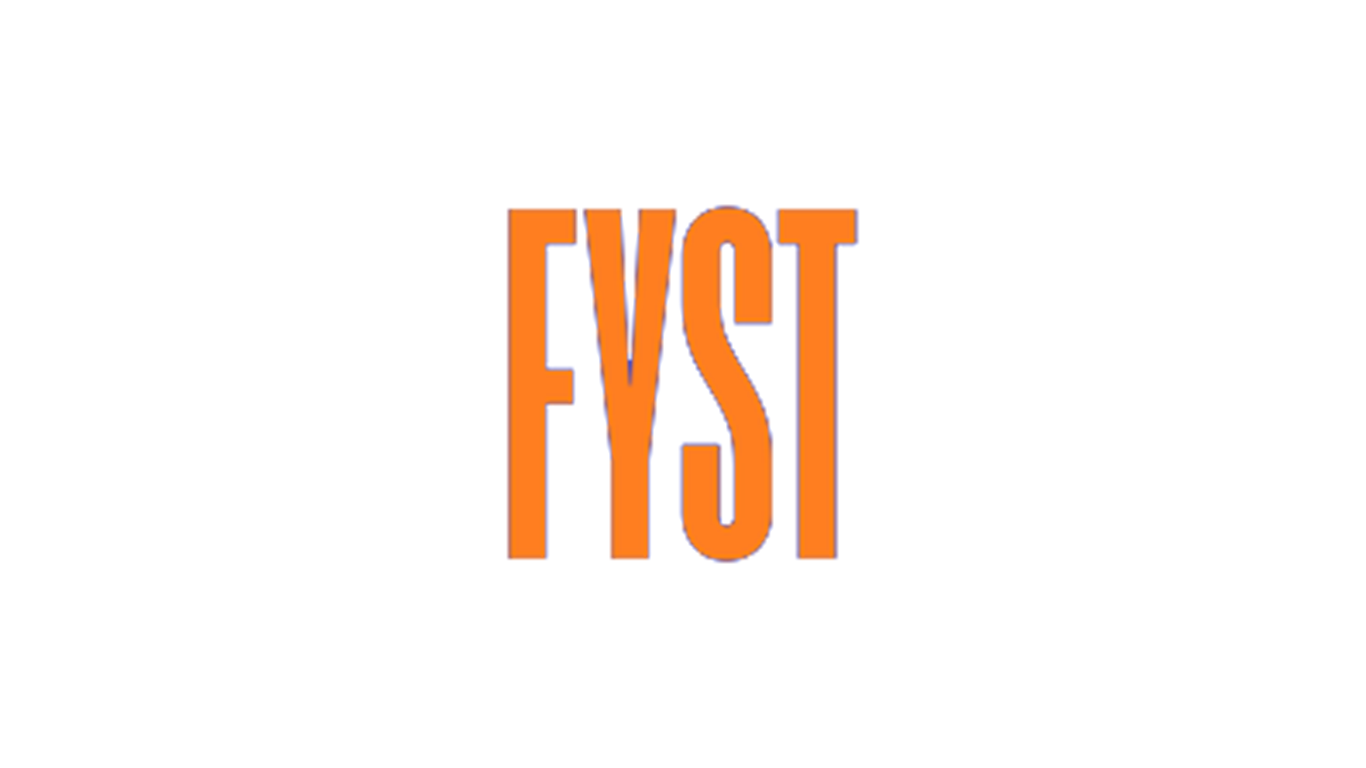Ecommpay Launches Free E-Commerce Fraud Defence Guide
- 25.02.2026 12:15 pm
Paysafe Expands Agent Program, Offering Training And...
- 19.02.2026 12:15 pm
E-commerce: UPI Sparks a Credit Card Boom in India...
- 13.02.2026 09:45 am
Nexi Unveils Nexi SmartStation: A New, All-in-One...
- 12.02.2026 02:25 pm
Affirm and Wayfair Expand Partnership to the UK and...
- 06.02.2026 01:55 pm
Klarna Backs Google’s Universal Commerce Protocol (UCP...
- 03.02.2026 02:45 pm
Almost Half of UK Shoppers Would Trust AI to Shop on...
- 27.01.2026 08:10 am
PayPal to Acquire Cymbio, Accelerating Agentic...
- 23.01.2026 01:55 pm
Walmart And Google Turn AI Discovery Into Effortless...
- 13.01.2026 09:55 am
Q1 Holiday Profits Fade as Chargeback ‘Hangover’ Hits...
- 13.01.2026 09:25 am
Ant International Partners with Google on Universal...
- 12.01.2026 10:05 am
Stripe Helps Power a New Shopping Experience in...
- 09.01.2026 02:45 pm






















